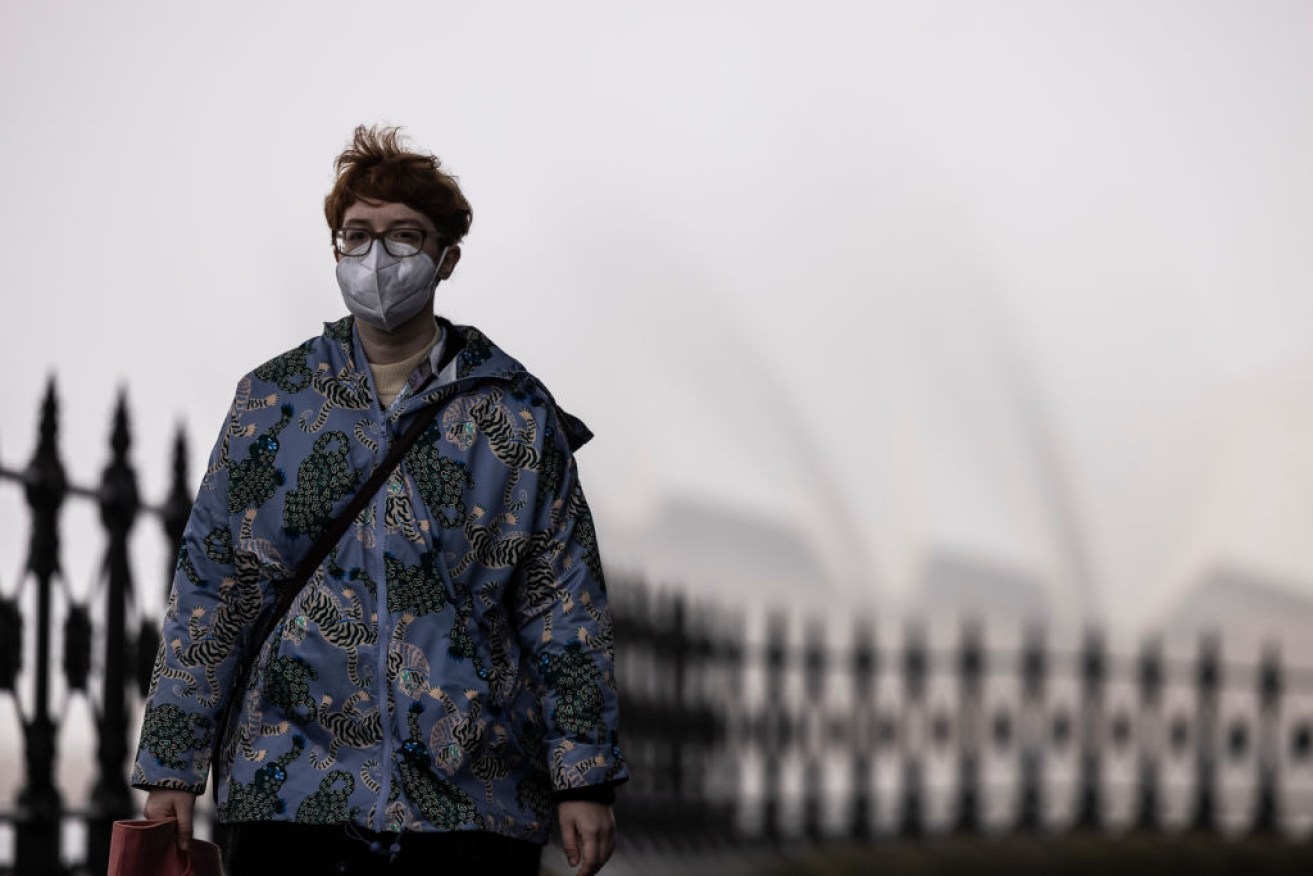‘Lockdown lite’: The loopholes hindering NSW’s COVID battle


Lockdown restrictions in NSW will continue until at least midnight on Friday 9 July. Photo: Getty
The “lockdown lite” restrictions in New South Wales don’t go far enough to contain the highly transmissible Delta coronavirus variant, epidemiologists warn.
NSW authorities have so far refused to be drawn on plans for its lockdown, which extends to Greater Sydney, the Central Coast, Blue Mountains and Wollongong, and is due to end on midnight on Friday.
But the forecast is not looking good.
The COVID outbreak that started in Bondi in mid-June has now risen to 312 infections, with four COVID patients in intensive care (though none are on ventilators).
Under the state’s lockdown rules, people may only leave home for four reasons, including:
- Essential work
- Medical care
- Education
- Shopping for essential goods and services.
But there are some huge loopholes – and epidemiologists fear they could be NSW’s undoing.
Retail is still open
Unlike snap lockdowns in Perth and Melbourne, major retailers such as JB Hi-Fi and Bunnings have remained open to the public during the Sydney lockdown.
“There is no need to panic buy. All the shops will be open every day of the week,” NSW Premier Gladys Berejiklian said when introducing the restrictions.
Three separate Bunnings stores at Caringbah, Villawood and Kirrawee have now been listed as exposure sites in the NSW outbreak.
Professor Mike Toole, an epidemiologist at the Burnet Institute, said allowing non-essential retail stores to remain open was a problem.
“A good dose of common sense would tell you buying a frock at Zara is not essential,” he told The New Daily.
“If you’re going to go to all the trouble of asking people to stay at home, then you would enforce that by ensuring non-essential retail outlets are closed.”
No travel limit
Unlike other cities, there is no five-kilometre travel limit in the Sydney lockdown, meaning people can move across the city from Cronulla to Parramatta with no questions asked.
“We’ve already seen the virus is no longer an eastern suburbs problem,” Professor Toole said.
“It’s all over Sydney, and that just makes it more and more difficult for the contact tracers.
“I think the logical thing to do is bring in travel limits. I’m surprised they haven’t done it already.”
Melburnians look at Sydney's version of lockdown in astonishment. You can go to JB HiFi? Buy a frock at a shopping mall and a hammer at Bunnings? Drive from Palm Beach to Parramatta? Gather in groups of ten to exercise? Good luck with that.
— Michael Toole 🇺🇦 (@profmiketoole) July 2, 2021
No outdoor mask mandate
Under NSW lockdown rules, people must wear a face mask in public indoor settings, including buses, supermarkets, gyms and offices.
But you don’t have to wear one outdoors.
Earlier in the pandemic, that may have been enough to slow the original virus’s spread, but Australia is now dealing with the new, highly transmissible Delta variant.
It took just seconds for one person to infect a stranger as they walked past each other while shopping at Bondi Junction Westfield.
“There were multiple people in my district walking to the shopping centres and not wearing masks,” said Sydney-based Professor Marylouise McLaws, an epidemiologist at UNSW and adviser to the World Health Organisation.
“We know Delta can be transmitted very easily in airspace. Sure, [people are] outdoors, but they’re so close to other people and not wearing a mask. They’re waiting outside coffee shops and talking to each other without a mask on.”
Unclear instructions
“There’s too much interpretation and not enough instruction,” Professor McLaws told TND.
She said it was unclear what constituted “essential work”.
COVID-19 guidelines from NSW Health do not provide a clear list of who is an essential worker but describe it as any work or study that cannot be done from home.
Chief health officer Dr Kerry Chant said defining essential goods was “impossible” and asked retailers to apply “common sense” when deciding to operate or not.
“Practically it is impossible to define essential retail, because clearly if you’ve just relocated house and you have nothing with you, getting some bath towels and products are essential,” Dr Chant said.
Under the rules, cleaners are also allowed to visit private homes.
Professor McLaws said the only way lockdowns work is if they’re done seriously.
“From an outbreak management perspective, lockdown can’t be done light,” she said.








